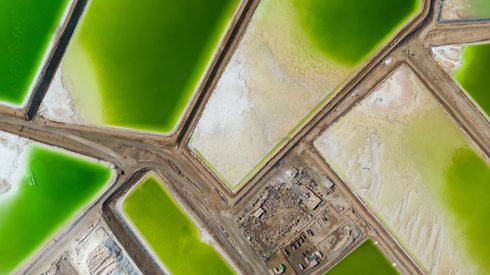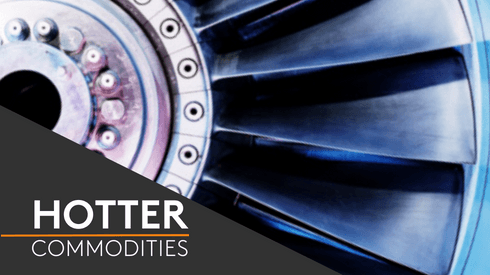As the EU pushes forward with its ambitious climate targets, automakers warn that critical challenges risk undermining the industry’s capacity to comply with the aggressive emissions standards set for the coming years.
However, the warnings have been dismissed by environment groups who point to strong profits made by many of the automakers and accuse them of trying to undermine the ambitious plans to transition away from fossil fuels.
The European Automobile Manufacturers’ Association (ACEA) is calling for a two-year delay on the EU’s 2025 carbon dioxide (CO2) emission targets for automakers, citing a lack of critical infrastructure and readiness in the transition to EVs.
In a statement published on Thursday September 12, ACEA urged the EU to invoke emergency regulations to grant automakers more time to meet the aggressive CO2 standards set for light-duty vehicles.
“The transition to zero emission is highly challenging, with concerns about meeting the 2025 CO2 emission reduction targets for light-duty vehicles on the rise,” ACEA said.
These demands come in response to the EU’s April 2023 amendment to its CO2 regulations, which strengthened emission reduction targets to align with the bloc’s goal of climate neutrality by 2050.
The revised regulations enforce stricter cuts by 2030 and introduce a 100% emission reduction for new cars and vans starting in 2035. The current targets for 2025 stand at 93.6 grams of CO2 per kilometer for passenger cars and 153.9 grams of CO2 per km for light commercial vehicles (LCVs).
Infrastructure and industry challenges
ACEA argues that the EU is missing several key factors required to facilitate the mass adoption of zero-emission vehicles. The association points to a lack of sufficient charging stations and hydrogen refueling infrastructure, a shortage of affordable green energy and inadequate incentives for consumers.
Furthermore, automakers face supply chain challenges in securing raw materials, hydrogen and batteries, all of which are critical for producing EVs at scale, the statement said.
Despite years of preparation, ACEA claims the current pace of infrastructure development and industry readiness does not match the urgency of the EU’s emission targets.
Criticism from environmental advocates
Not everyone is on board with the proposed delay. Brussels-based industry group Transport & Environment (T&E) criticized ACEA’s appeal, calling it a “self-serving stunt.”
Julia Poliscanova, T&E’s senior director for vehicles and supply chains, dismissed the request, saying, “Carmakers made over €130 billion in profits in the last two years and had years to prepare for the target. Now they want the EU to declare a state of emergency so they can continue selling dirty cars and making large profits. This is not a war or a pandemic, but a self-serving stunt.”
According to an analysis by T&E released in April, the auto industry has already made substantial progress. CO2 emissions from new cars in the EU have dropped by 28% since 2019.
Some manufacturers, like Volvo, are even ahead of schedule, having already met their 2025 targets based on 2023 sales. Others, like Kia and Stellantis, are reportedly close to compliance, with only minor gaps to bridge.
However, Volkswagen and Ford are lagging behind, facing emissions gaps of 22 grams of CO2 per km and 24 grams of CO2 per km, respectively.
Shifting targets amid EV challenges
While ACEA calls for a delay, some automakers are reevaluating their own EV timelines.
Volvo, which had previously committed to an all-electric lineup by 2030, has scaled back its ambitions, now targeting 80-100% of its global sales to be electric by that year. The Swedish carmaker cited shifting market conditions and consumer demand as reasons for the change.
Similarly, Italy’s Fiat and Germany’s Audi have announced plans to invest more in hybrid powertrains rather than going fully electric in the near term, while Volkswagen announced that they are closing some of their factories in Germany.
Despite government incentives and support, automakers are finding it difficult to meet the rising demand for affordable EVs while maintaining profitability.
The path ahead
As the debate continues, the EU remains firm on its climate goals, with legislation mandating a 55% reduction in CO2 emissions by 2030 and full climate neutrality by 2050.
The bloc aims to produce 10 million tonnes of renewable hydrogen locally and import another 10 million tonnes annually by 2030 to support its energy transition.
However, the calls from automakers to delay the 2025 targets raise critical questions about whether the industry is truly ready to deliver on Europe’s ambitious emissions goals.





